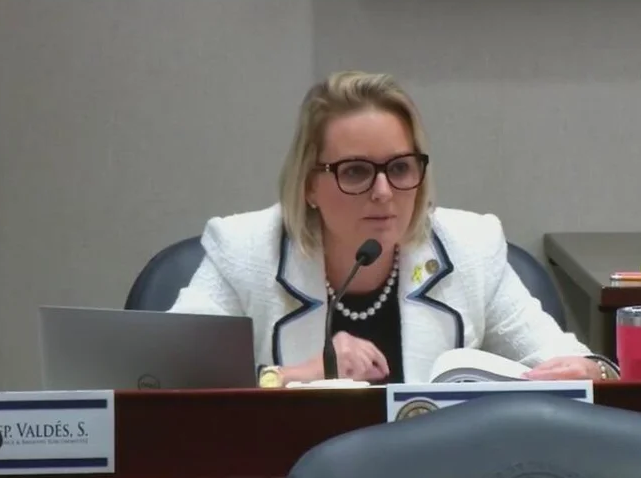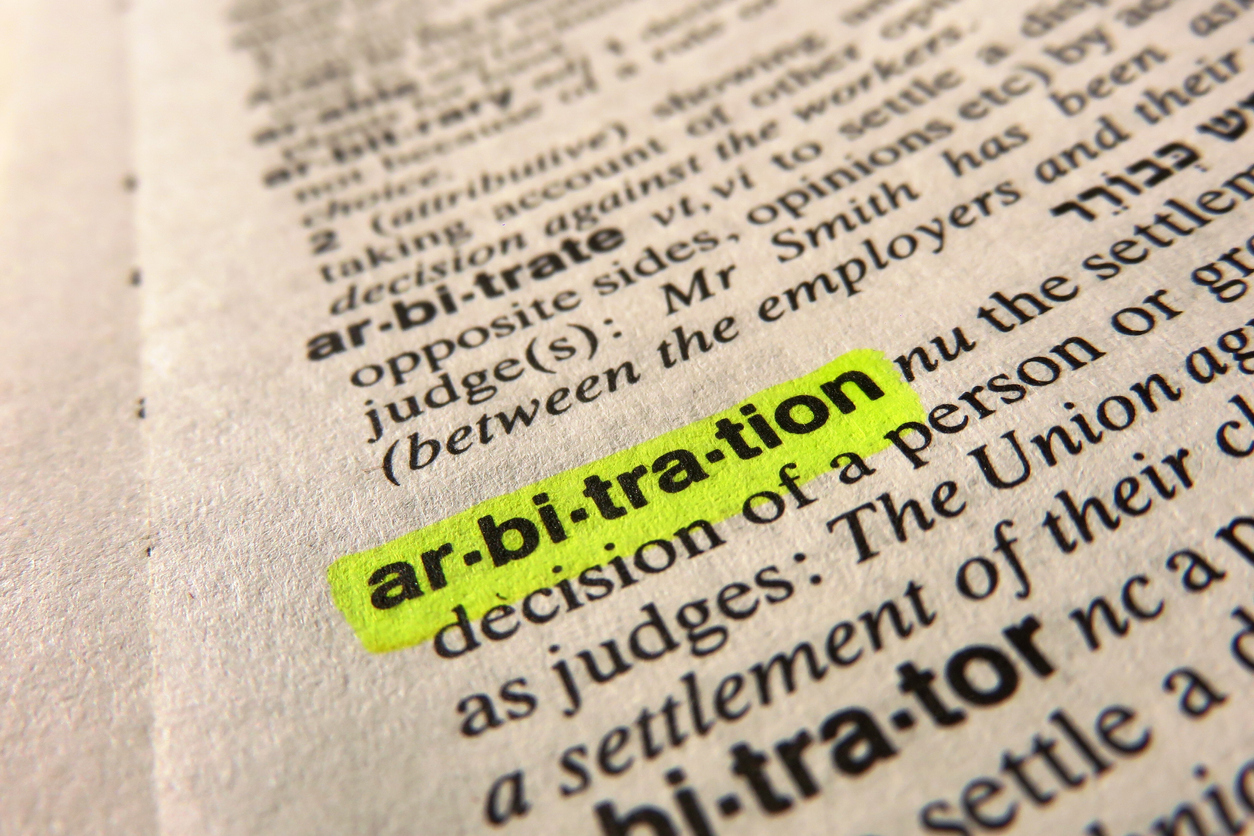(Note: This Guest Blog is by Kristin Demers-Crowell, an attorney with Merlin Law Group in the Tampa, Florida, office. This is part of a series that she and fellow attorney Donna DeVaney are writing on sinkhole issues).
Two weeks ago I wrote on the three ring circus that Florida’s statutory neutral evaluation of sinkhole claims has become. Fla. Stat. 627.7074. This follow up blog focuses on the “down and dirty” reasons why the process is unfair to policyholders.
It is evident why neutral evaluation might have been appealing to lawmakers. It is designed to be an alternative dispute resolution procedure to encourage settlement of sinkhole insurance claims—on its face, a good thing for insureds. However, problems have arisen in the application of the law. Here are a few:
Dirty Problem Number One: How to get a truly “neutral” evaluator
The statute requires the “neutral evaluator” to be a professional engineer or professional geologist who has completed a course of study in alternative dispute resolution designed or approved by the Department of Financial Services (“DFS”) for use in the neutral evaluation process, who is determined to be fair and impartial. The statute does not provide a procedure by which a neutral evaluator is determined to be fair and impartial. However, the DFS Neutral Evaluator Application asks if the candidate, or a business entity with which the candidate is affiliated, receives more than 90% of its gross income or revenue in the past calendar year from either property insurers or from property insurance claimants. Thus, so long as the candidate’s income from insurance companies or policyholders in the last year is only 90% or less, it appears they are determined to be fair and impartial. The vast majority of neutral evaluators on the DFS list are known insurance company expert witnesses, with a couple known to have served as property owner experts. Either way, it must be extremely difficult to be neutral when you have performed studies for your own clients in the very neighborhood where the neutral evaluation is pending.
Dirty Problem Number Two: How to ensure evidentiary protections when the Neutral Evaluator’s Written Recommendation is automatically admissible
According to the statute, neutral evaluation is “an informal process in which the formal rules of evidence and procedure need not be observed.” In spite of this, the neutral evaluator’s written recommendation “is admissible in any subsequent action or proceeding relating to the claim or cause of action giving rise to the claim.” This circumvents a number of Rules of Evidence, which are designed to protect all parties to a dispute and prevent the trier-of-fact (a jury or judge) from deciding cases on an improper basis.
For example, the Florida Evidence Code sets forth a number of tests regarding the qualifications of experts and the basis of expert opinions before they can be presented to a jury. Fla. Stat. 90.702, 90.704, 90.705. These are meant to ensure that witnesses have sufficient knowledge, skill, experience, training or education before they are presented to a jury as “experts,” and that the basis of their opinions is scientifically reliable. It is unclear how these rules will “jive” with the neutral evaluation statute which appears to automatically admit the evaluator’s written expert opinion into evidence without meeting these criteria. And this is just the tip of the iceberg. There are also problems with the unfair prejudice rule (Fla. Stat. 90.403), hearsay (Fla. Stat. 90.801) and substantive due process under the Florida Constitution.
Dirty Problem Number Three: How to keep insurance companies from wrongfully denying coverage for sinkhole claims
If a neutral evaluator opines there is no sinkhole, and a policyholder declines to drop the claim, the statute excuses an insurance company from liability for extracontractual damages. Does this mean there can be no bad faith liability even if a jury finds an insurer wrongfully denied coverage for a sinkhole claim? How does this square with Florida’s Unfair Claims Practice Statute Section 624.155?
Recently, regarding a burden of proof issue with the new sinkhole statute, Florida’s Second District Court of Appeal stated:
“We recognize the legislature’s desire to stem the tide of sinkhole-related insurance claims. . . . But we are hesitant to conclude that this . . . extends to the micromanagement of trial proceedings between private parties.
Warfel v. Universal Ins. Co. of N. Am., No. 2D08-3134, 34 Fla. L. Weekly D 2527, 2009 Fla. App. LEXIS 19070 (Fla. 2d DCA December 9, 2009) at *11-12, n. 7.
We shall see if the appellate courts feel similarly with regard to whether Florida’s sinkhole neutral evaluation statute is on solid ground.



